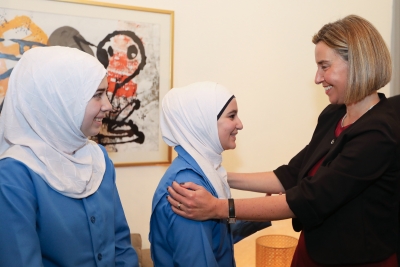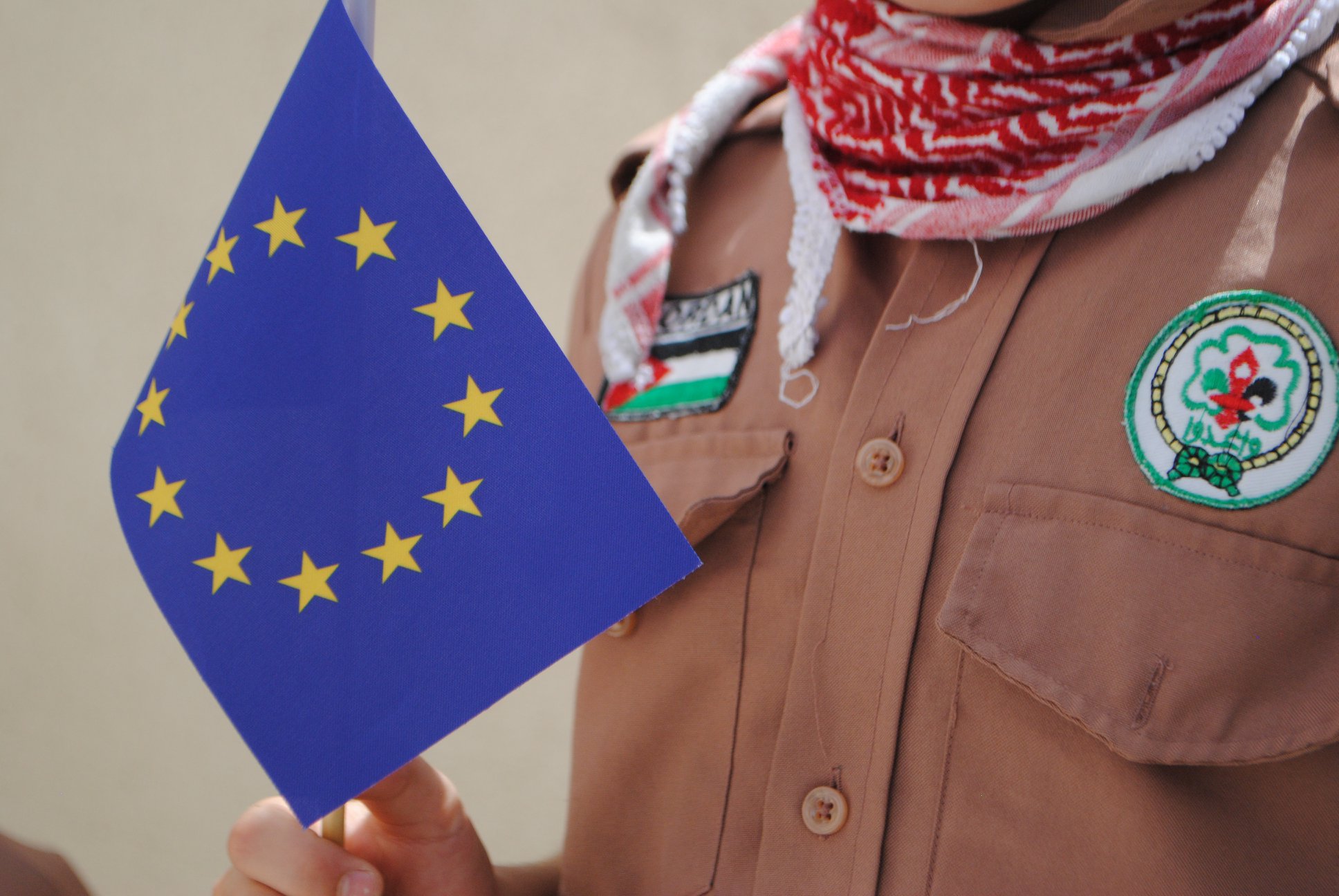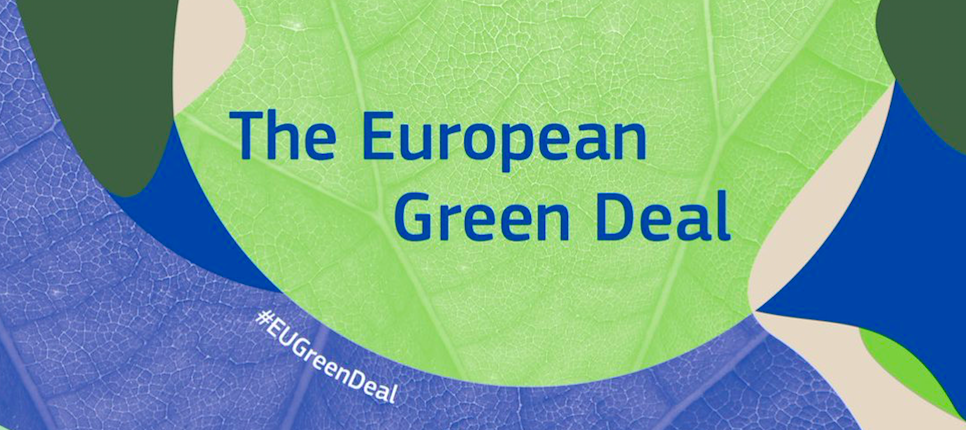SwitchMed industry activities in Jordan achieve remarkable resource-saving outcomes for companies
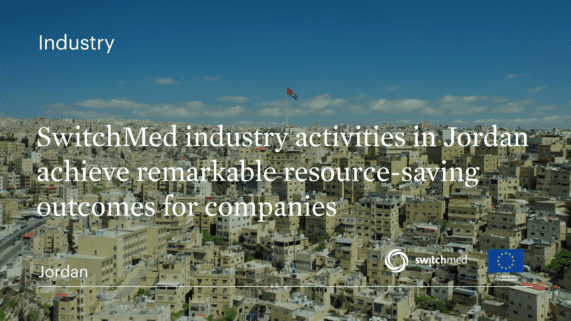
Since 2015, the United Nations Industrial Development Organization (UNIDO) and the Royal Scientific Society (RSS) have collaborated to address the pressing challenges faced by Jordan’s industrial sector, which include limited water resources, high energy costs, and expensive imports.
Under the EU-funded SwitchMed/MED TEST III project, the benefits of resource-efficient production were demonstrated in 15 companies from the chemical, food and beverage, and plastic sectors.
The 15 demonstrations identified 242 resource efficiency measures, out of which 202 already are or are planned to be implemented. These measures can save the companies 115,239 cubic meters of water, 8,671 Megawatt-hours of energy, 1,635 tons of materials, and 3,375 tons of CO2-equivalent emissions annually. They have an average Payback Period of 2.2 years and can save €2.7 million in production costs annually.
The industry demonstrations were undertaken with eight service providers as part of their on-the-job training on resource-efficient production methods. Similar to the preceding MED TEST II project (2015-2018), the concept of this project is to train local capacities of professionals that can continue to change the resource efficiency in Jordan’s industry. Since 2015, UNIDO has managed to qualify 19 service providers on resource-efficient production methods. In addition, six Memoranda of Understanding were established with academic institutions and vocational schools, integrating resource-efficient production concepts and the UNIDO TEST methodology into their curricula.












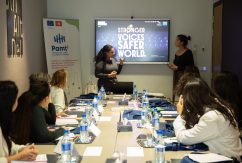
















 Syria
Syria 